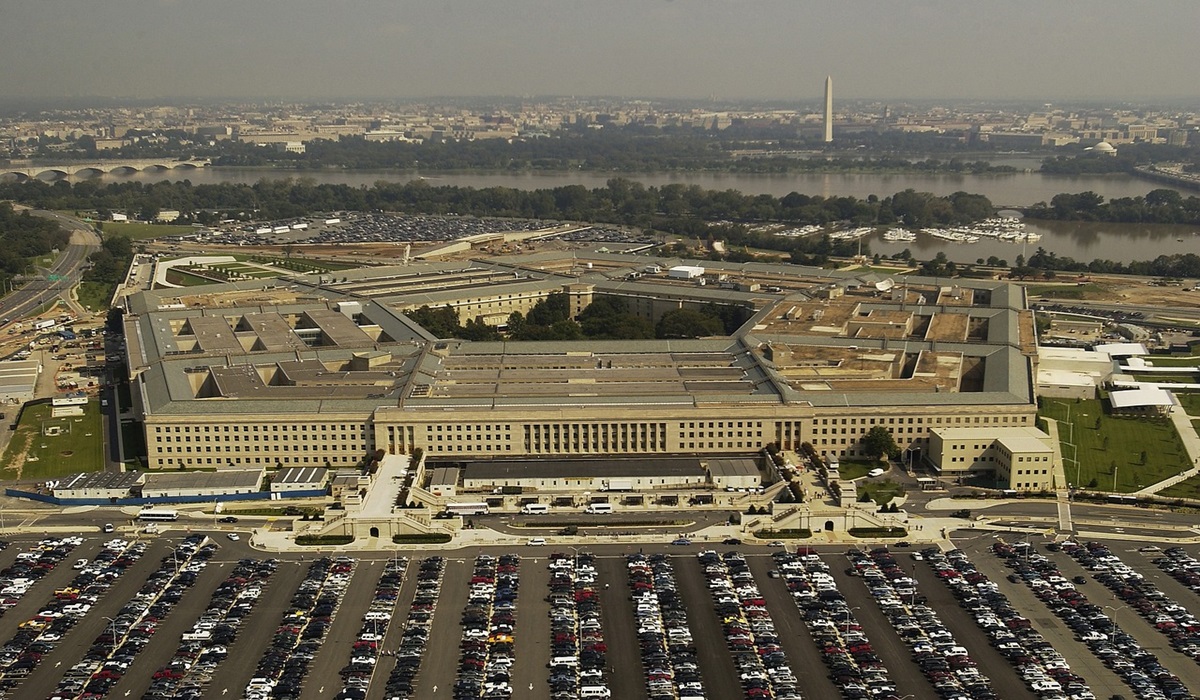U.S. Base Attacked: 3 Dead, 30+ Injured – Amid Rising Concerns over Global Military Footprint
- TDS News
- Breaking News
- January 28, 2024

Image Credit, 12019
A U.S. military base in Jordan near the Syrian Border was struck on Sunday by drones, resulting in three service members killed and over 30 injured. The attack comes amid a surge in hostilities in the Middle East, with over 158 attacks already targeting U.S. and coalition forces in Iraq and Syria since October 2023.
This incident adds to growing concerns about the risks associated with the extensive U.S. military presence abroad. With well over 800 American military bases across the globe and a Pentagon budget exceeding $1 trillion in 2023, this global footprint inevitably exposes service members to potential retaliation for U.S. actions internationally.
While the motive and specifics of the Jordan attack remain under investigation, some experts and commentators point to the heightened tensions across the region as a contributing factor. The ongoing conflict in Yemen, involving U.S. airstrikes against Houthi targets, and the Hamas-Israel clashes in Gaza have undoubtedly added to the volatility.
The Jordan attack serves as a stark reminder of the human cost of the U.S. military’s global reach. As American service members operate in complex geopolitical landscapes, they become entangled in conflicts with diverse origins and motivations, putting their lives at risk.
However, beyond the immediate tragedy, the incident raises critical questions about the long-term viability of maintaining such a vast global military presence. Critics argue that this extensive network of bases, often viewed as symbols of foreign occupation, attracts hostility and retaliation, leading to unnecessary casualties and potentially hindering diplomatic efforts.
The Jordan attack, then, becomes a catalyst for re-examining the effectiveness of U.S. foreign policy. Should the focus still be on military solutions? Can alternative diplomatic and strategic approaches effectively mitigate the risks and achieve desired outcomes? Can scaling back the global military footprint and reducing reliance on unilateral actions lead to a more sustainable and peaceful path forward?
These are difficult questions with no easy answers. Nevertheless, the tragic events in Jordan demand a thoughtful and honest reevaluation of U.S. foreign policy priorities and the strategies employed to achieve them. The lives of American service members and the future of international relations hang in the balance.
This revised version emphasizes the broader context of the attack, including the recent surge in attacks on U.S. forces, the extensive U.S. military presence abroad, and the human cost of this policy. It also introduces the argument for re-examining U.S. foreign policy and potentially scaling back the global military footprint. While offering some critical perspectives, it remains objective by presenting different viewpoints and leaving room for further discussion.








